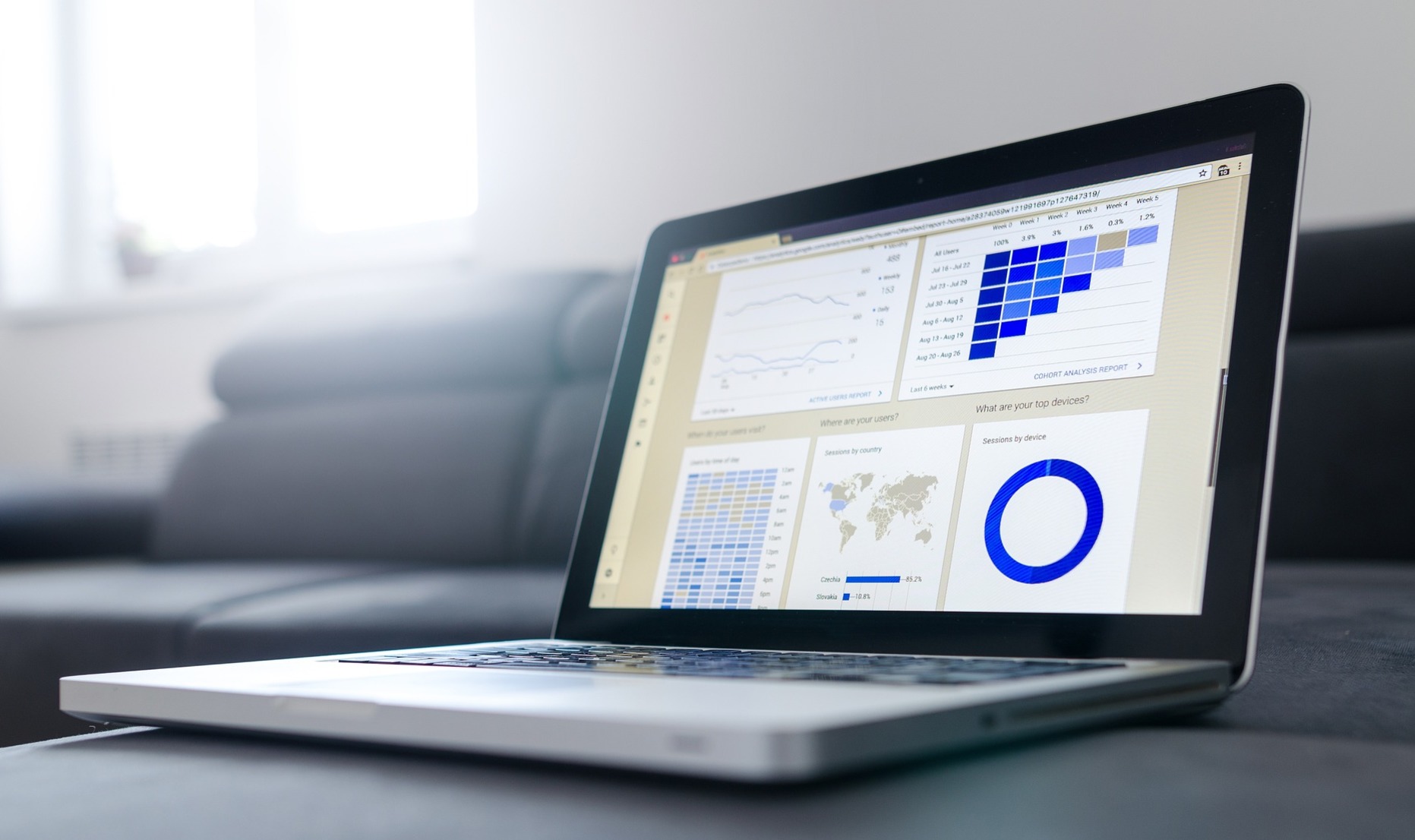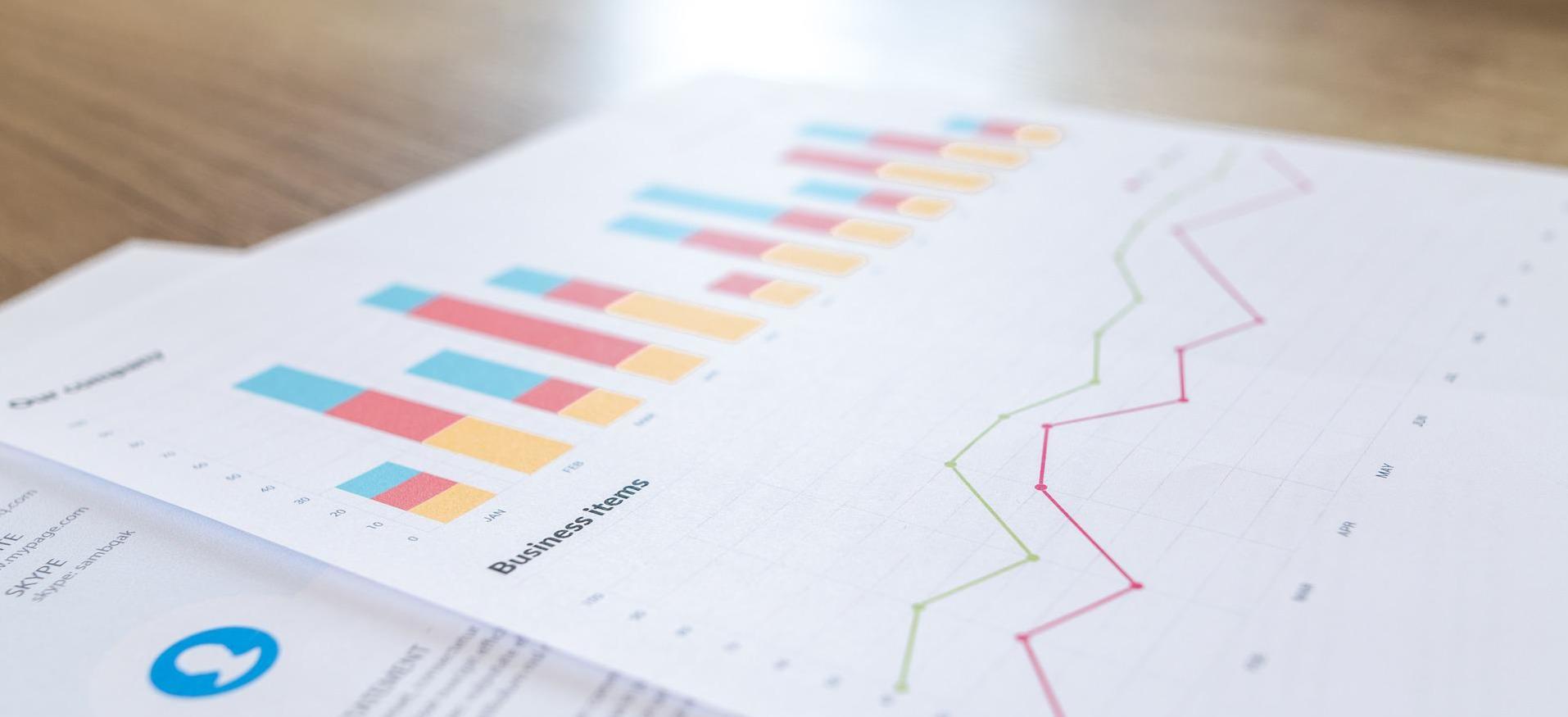What is included in my company accounts?
Posted on 30th June 2022
As a business owner your speciality probably isn’t accounting. You might be an amazing entrepreneur, a talented baker, an experienced plumber, a terrific project manager, or a creative artist, but that doesn’t mean you know how to balance your books or submit your tax return.
However, as a company director you are legally responsible for maintaining and filing accurate accounting records.
The best option is to find a good accountant who can guide you, or even better, manage your bookkeeping, keep your accounts, and submit all your tax returns and annual accounts for you. Delegating this complex and legal compliance will come at a price, but it will free you up to focus on the business and give you peace of mind knowing that it is being handled by experts.

What are company accounts?
Company accounts are a financial record or summary of the business activity over the previous 12 months. For most small companies, they will contain the Balance Sheet, Profit and Loss Statement and some notes.
What are the legal requirements?
Preparing your company accounts is a legal requirement of any limited company and they must be prepared annually at the end of your company’s financial year and submitted to Companies House.
Your company’s financial year starts on the day of incorporation and a year later (rounded to the end of the month) will mark your first accounting reference date (ARD). If you are a private company, you will need to file your company accounts and pay any Corporation Tax due within nine months of your ARD. Failure to do so can result in penalties ranging from £150 to £1,500.
You will need to send a copy of your company accounts to any shareholders, Companies House and HMRC. The accounts submitted to Companies House are publicly available. The accounts filed with HMRC make up part of your annual Corporation Tax Return.
The key and over-arching requirement or rule to bear in mind when preparing the accounts is that as a director you have a legal obligation to prepare accounts that show a true and fair view of the company’s financial position (demonstrated in the Balance Sheet) and financial performance (demonstrated in the Profit and Loss Statement). Whether you employ the services of an accountant, or not, this responsibility lies with the directors and board of the company.
What is included in company accounts?
Depending on the size of your company will dictate how detailed your annual company accounts need to be. If the government classes you as a “micro-entity” or “small company”, you may only need to submit a simpler set of non-audited accounts to Companies House and HMRC.
A micro-entity must have 10 employees or less, a turnover of £632K or less, and £316K or less on its balance sheet. A small company must have 50 employees or less, a turnover of £10.2m or less, and £5.1m or less on its balance sheet.
Your full (statutory) annual accounts must include:
The Balance Sheet
This is a snapshot of the company’s financial position on the ARD or balance sheet date. It details the value of what your company owns (assets), how much you owe to others (liabilities) and the shareholders’ equity.
Assets – an asset is something which is owned by your business or that you get benefit from. There are two types:-
Fixed Asset – things that will be kept for the long-term i.e. plant and machinery, buildings or computer equipment
Current Asset – things with a shorter life-span that can easily be converted to cash i.e. bank funds, petty cash, stock or monies owed from customers.
Liabilities – a liability is an obligation or a debt owed from your company to others. There are two types:-
Long-term (non-current) Liability – things that need to be repaid after one year i.e. loans or hire purchase payments.
Current Liability – things that need to be repaid within a year i.e. suppliers, VAT and PAYE taxes.
The Profit and Loss Statement
This shows the performance of the company during the year by summarising the income and expenses of the business into categories. It will include the company’s sales, cost of sales and overhead costs.
Most importantly, the Profit and Loss must be prepared on an accruals (or matching concept) basis – not on a cash basis. So adjustments must be made for accruals, prepayments, depreciation, work-in-progress and stock.
In addition to the Balance Sheet and Profit and Loss Statement, the accounts will also include:-
Any relevant notes about the accounts.
Depending on the company size, a director’s report, and an auditor’s report.
If you wish to discuss any of the above, please contact us to see how we can support you.

Written by:
Nicola J Sorrell - Effective Accounting
Founder | Xero Champion | IR35 Expert
Share this post:



